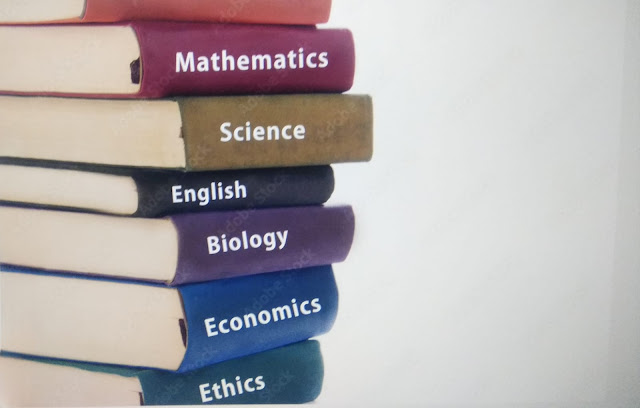Ignorance of the English language can have a significant impact on a student's ability in the understanding and comprehension of various subjects, including science subjects like physics, chemistry, biology, and mathematics.
The English language plays a crucial role in the understanding and comprehension of various subjects, including science subjects like physics, chemistry, biology, and mathematics. Ignorance of the English language can have a significant impact on a student's ability to effectively respond to self-response questions in these subjects. Here's an explanation of how this ignorance can affect self-response questions in science subjects.
Understanding the Question: Self-response questions require students to comprehend the question properly in order to provide an accurate and relevant answer. If a student lacks proficiency in English, they may struggle to fully understand the question due to language barriers. This can lead to misinterpretation, confusion, or incomplete responses.
Vocabulary and Terminology: Science subjects contain specialized vocabulary and terminology that must be understood to answer self-response questions accurately. Students with limited English proficiency may struggle to grasp these terms, making it challenging for them to articulate their ideas or concepts effectively.
Explanation and Elaboration: Self-response questions often require students to explain concepts, provide examples, or elaborate on their answers. A weak understanding of English can hinder a student's ability to express their thoughts clearly, resulting in vague or incomplete responses. It may be challenging for them to articulate their ideas in a cohesive and organized manner, leading to a loss of marks.
Interpreting Diagrams and Graphs: In science subjects, diagrams, graphs, and charts are frequently used to illustrate concepts or support explanations. Students who struggle with English may find it difficult to interpret and analyze these visual representations accurately, impacting their ability to answer self-response questions that rely on understanding and analyzing such visuals.
Reading and Comprehension: Self-response questions often require students to read and comprehend passages, experiments, or case studies before providing a response. Weak English skills can impede a student's ability to comprehend the given information fully, resulting in limited or incorrect answers.
Critical Thinking and Analysis: Science subjects often require students to think critically and analyze information to arrive at reasoned conclusions. Language barriers can hinder a student's ability to analyze and evaluate complex information effectively, leading to shallow or inaccurate responses to self-response questions.
To overcome these challenges, it is essential for students to develop their English language skills alongside their scientific knowledge. Improving language proficiency through practice, reading scientific texts, using language-learning resources, seeking guidance from teachers, and actively participating in discussions can help students overcome the language barriers and enhance their ability to respond effectively to self-response questions in science subjects.
Though your like is single it's valuable to us.
Click on below given title to switch our FB page and like it now.
Admissions open for year 2023-24





Comments
Post a Comment